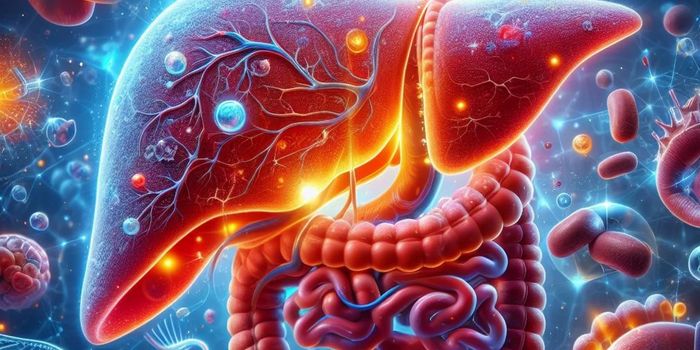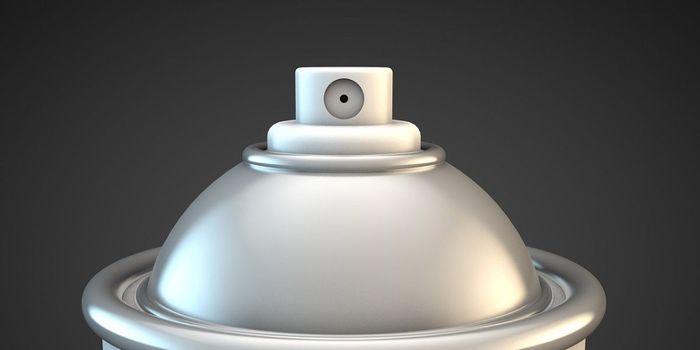Novel Transcription Factor Regulates Immune Cell Function
The immune system regulates homeostasis by attacking foreign bacteria, viruses, and other infections. Different immune cells are generated for specific functions to fight off disease and to maintain immune memory if the same foreign invaders come back. Interestingly, various immune cells are stationed throughout the body, which allude to their primary function. Intestinal intraepithelial lymphocytes (IELs) are immune cells that are lined within the respiratory and gastrointestinal tract. As part of the initial or innate immune response, these cells are less specific to which disease they respond to. More specifically, these lymphocytes are T cells, which are responsible for lysing or killing infected cells. IELs help form the intestinal mucosal barrier, which protects the body from direct invaders that come through the oral cavity. Large numbers and various subsets of IELs can be found in the intestine. Each subset works together to maintain a healthy intestinal tract. However, the exact mechanism of how these cells work is still under investigation. Scientists are currently working toward understanding different IEL subset interactions and how these cells effectively target foreign invaders to provide an efficient immune response.
A group of scientists recently published in Nature Immunology demonstrating that a transcription factor known as Aiolos can regulate IELs. The group was led by Dr. Marco Colonna in St. Louis, Missouri. Colonna is the Robert Rock Belliveau Professor in the Department of Pathology and Immunology at the Washington University School of Medicine and has contributed extensively to the immunology field. In 2019, he was elected Fellow of the National Academy of Science (NAS) for his discovery of TREM receptor families and the identification and characterization of human leukocyte antigen (HLA) polymorphisms. In this article, Colonna’s group identifies the mechanism in which IELs can be regulated. This work improves our understanding of IELs and how to better improve therapeutic solutions to enhance the innate immune system within the gastrointestinal (GI) tract.
Through the use of animal models, Colonna’s group found that Aiolos restrains or regulates IEL activation through expression of Ikzf3, the gene that encodes the transcription factor, Aiolos. A transcription factor is a protein that can regulate the rate at which genetic information can become expressed in cells. Additionally, Aiolos is found in lymphoid cells which differentiate into various immune cells. Scientists found that IELs with Ikzf3 knocked out lead to improved immune function through increased cytotoxic enzyme, cytokine, and chemokine release, which is necessary to activate an immune response. Additionally, computational analysis revealed higher effector function in cells with Ikzf3 knocked out compared to those with Ikzf3 expression. The Ikzf3 knock out cells were more responsive to interleukin-15 (IL-15) due to Aiolos unable to bind, which allowed other transcription factors to bind and elicit a stronger immune response. Two transcription factors noted by Colonna’s group included STAT5 and RUNX, which promotes IL-15. Finally, the group concluded that Ikzf3 deficiency in mouse models increased their risk of colitis or inflammation of the intestines further emphasizing Aiolos’ role in IEL regulation.
Colonna and his team effectively concluded the importance of Aiolos in the regulation of IELs. This work provides foundational knowledge about IELs that could improve therapy and help understand how to better treat chronic diseases such as cancer. Overall, this work has the potential to improve current immunotherapies and prolong patient survival.
Published, Nature Immunology, Marco Colonna, Washington University School of Medicine, NAS








